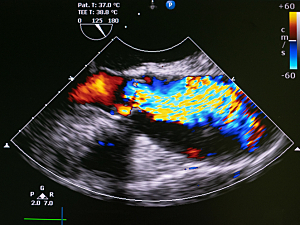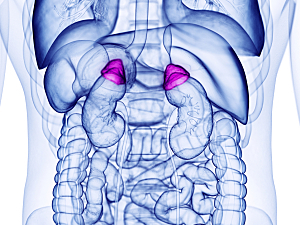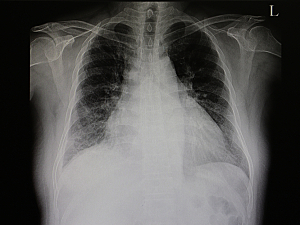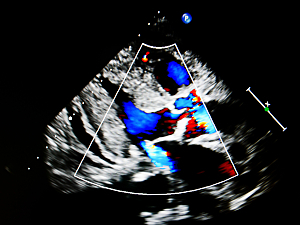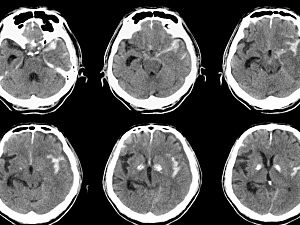Meta-analysis: Effect of EPA vs. EPA+DHA Omega-3 Fatty Acids on Cardiovascular Outcomes

Deepak L. Bhatt, MD, MPH, of the Interventional Cardiovascular Program at Brigham, and colleagues, recently performed a systematic review and meta-analysis and report that prescription EPA treatment, and not EPA+DHA supplementation, is associated with reductions in cardiovascular mortality and related outcomes.
Read More...
